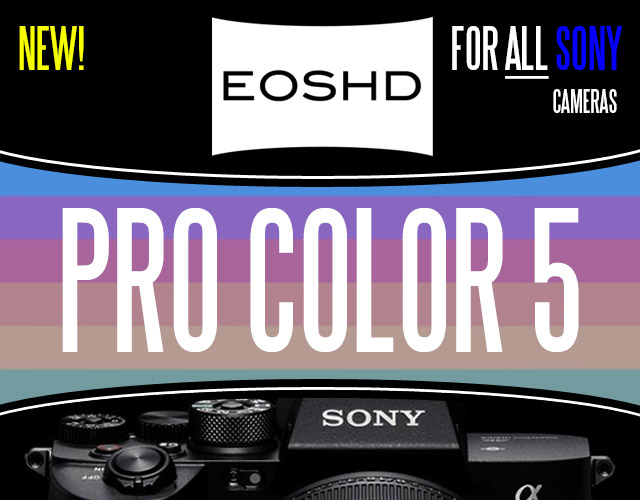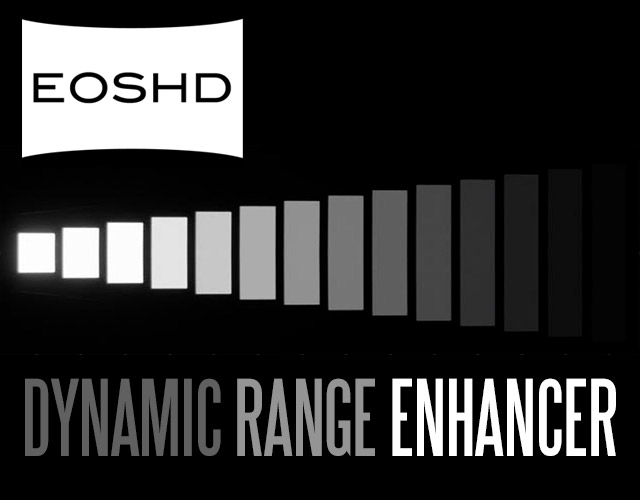What do you think about colour grading?
What do you think about colour grading?
39 members have voted
-
1. How important is colour grading to you?
-
Meh.0
-
It's ok I suppose0
-
It can be a useful tool, but let's not get carried away15
-
Great colour grading is magic!24
-
-
2. What do you do and what results do you get?
-
No grading and it looks fine0
-
No grading but I'd like to do better0
-
I apply a LUT and maybe adjust contrast and WB and it looks fine3
-
I apply a LUT and maybe adjust contrast and WB but I'd like to do better3
-
I make my own adjustments with LGG wheels, curves, etc, and maybe use a LUT and it looks fine9
-
I make my own adjustments with LGG wheels, curves, etc, and maybe use a LUT but I'd like to do better11
-
I use all the tools from basic adjustments to custom keys to tracking windows and it looks fine4
-
I use all the tools from basic adjustments to custom keys to tracking windows but I'd like to do better9
-
-
3. What software do you think is needed?
-
Almost anything can do the job - Avid, PP, FCPX, Lightroom, LUT generators, freeware, etc15
-
Things like Avid, PP, FCPX, can do a good job but advanced tools like Resolve are where it's at20
-
Things like Avid, PP, FCPX are basically useless, Resolve is the minimum standard4
-
Bro, do you even Baselight?0
-





Recommended Posts
Create an account or sign in to comment
You need to be a member in order to leave a comment
Create an account
Sign up for a new account in our community. It's easy!
Register a new accountSign in
Already have an account? Sign in here.
Sign In Now